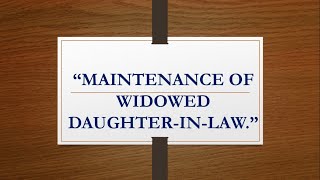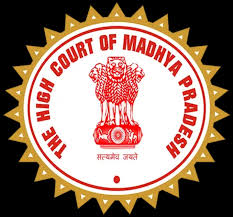@JUDGMENTTAG-ORDER
Narendra Nath Tiwari, J.@mdashIn this writ petition, the petitioner has prayed for quashing the order dated 24.11.2004 passed by the learned Subordinate Judge VIIth in Title Suit No. 25 of 1995 whereby the learned Court below has rejected the petition for amendment in plaint filed by the plaintiff-petitioner. According to the plaintiff, the suit was filed praying reliefs, interalia, for a declaration that Suresh Prasad Shahi has no right to transfer any portion of the property to the defendant by way of gift or otherwise and that purported deeds of gift dated 24.6.1974 are void-ab-tnitio. The suit was contested by defendant No. 2 contending, interalia, that the plaintiff has neither any right, title nor any possession over the suit property and that the defendant No. 2 has got his title through Suresh Prasad Shahi and he has been in possession. The said defendant has also taken a plea that the suit itself is barred by the provisions of Specific Reliefs Act, in view of the absence of any consequential relief in the plaint.
2. The plaintiff filed a petition under Order VI Rule 17 read with Section 151 of the CPC seeking amendment in the plaint. It was stated that due to oversight the claim of possession could not be made and the advalorem Court fee could not be paid which is required in view of the nature of controversy between the parties. From perusal, of the said amendment petition, it is evident that the petitioner has not sought for any foundational change in the line of averments made in his plaint, but only wants to add the relief for recovery of possession, if found dispossessed and for that purpose to pay ad valorem Court fee.
3. The respondents have appeared suo motu in this case and contested the petition on merit. Mr. Manjul Prasad, learned Senior Counsel appearing on behalf of the contesting respondent, submitted that there is inordinate delay in filing the said amendment petition and on that ground alone it does not require any consideration. Learned counsel further submitted that by way of amendment, the plaintiff has sought to bring inconsistent relief changing the nature of the case from a declaratory suit to a regular title suit with a relief for recovery of possession. Learned counsel appearing on behalf of the petitioner submitted that the occasion for the amendment arose when the defendant seriously contested the right, title and possession of the plaintiff-petitioner. The defendant No. 2 has taken the ground that the suit is barred under the Specific Relief Act for not seeking the proper reliefs. According to the learned counsel, there is nothing new and surprising for the defendants or to prejudice them in any way in the proposed amendment. The main prayer in the relief portion is as it is and only consequential prayer is to be added by way of amendment and that there: would be absolutely no change in the nature of the suit.
4. After hearing the parties and perusing the relevant documents, I am of the view that the amendments sought to be brought in the plaint, do not, in any way change the basic nature of the claim of the plaintiff. The main relief prayed for in plaint is regarding the declaration of the gift deeds. The defendant himself has taken the ground that the declaratory suit in the facts and circumstances is not maintainable and proper reliefs have not been prayed for. By way of the said amendment the plaintiff wants to meet the said objection and payment of advalorem Court fee is required in view of the addition of the prayer for recovery of possession. The proposed amendment is, thus, homogeneous and not inconsistent. From the pleadings of the parties it is apparent that there are rival claims regarding title and possession and in that view, in order to adjudicate upon all the controversies between the parties, it would be expedient in the interests of justice to allow the amendments. Though there is delay on the part of the plaintiff-petitioner to bring the amendment, yet on that ground alone, the petition for amendment cannot be rejected.
5. In view of the above, the learned Court below has not properly exercised its jurisdiction in rejecting the petitioner''s petition for amendment and in passing the impugned order. The impugned order is quashed, the amendment petition of the plaintiff-petitioner is allowed. Since the inordinate delay in filing the said petition has caused inconvenience and harassment to the contesting defendant No. 2, the petition for amendment is allowed subject to payment of cost of Rs. 5,000/- to the defendant No. 2 in the Court below within a period of three weeks. The defendant No. 2 will be at liberty to file an additional written statement if so required. Since the suit is old, the Court below will make all endeavour to dispose of the same expeditiously.
6. The writ petition is, thus, allowed.

